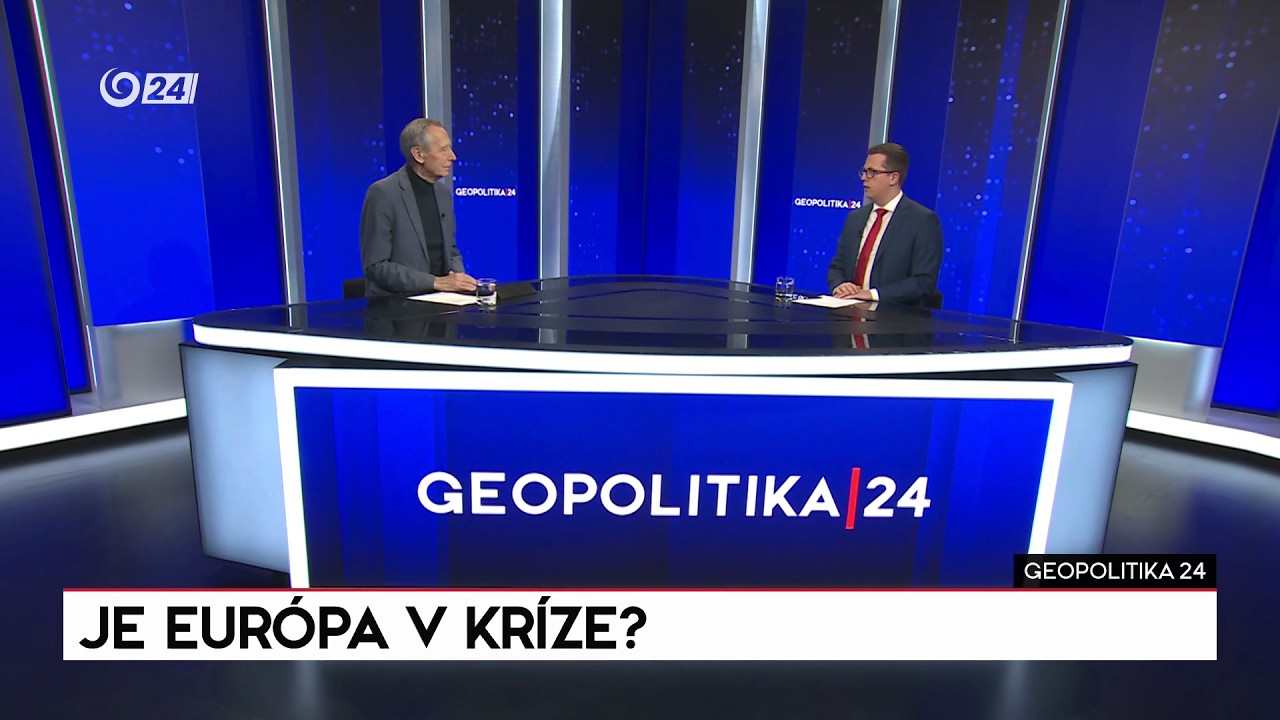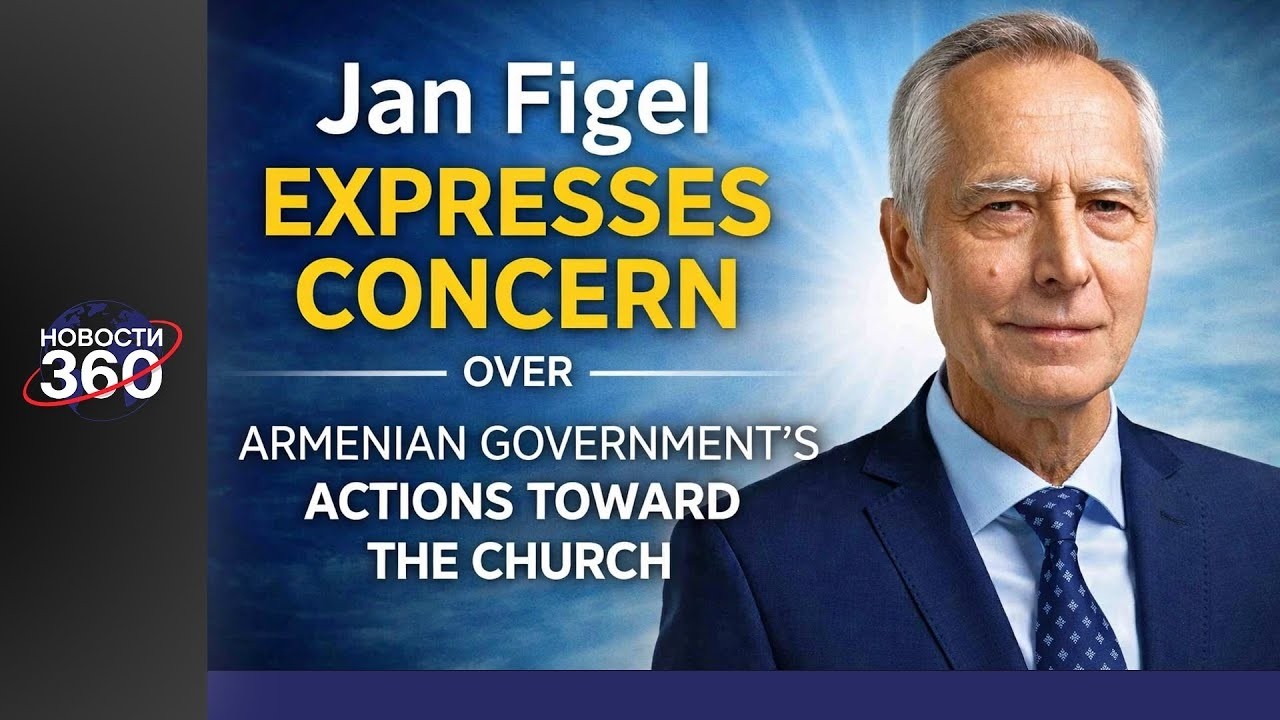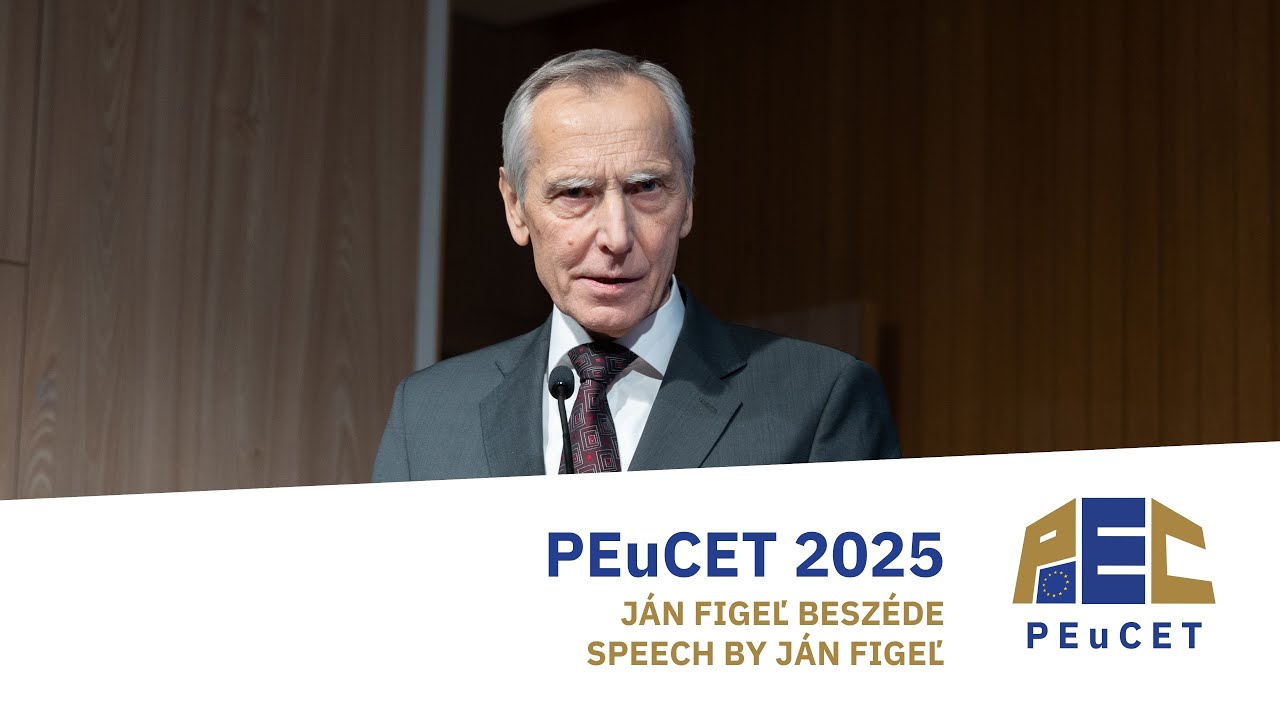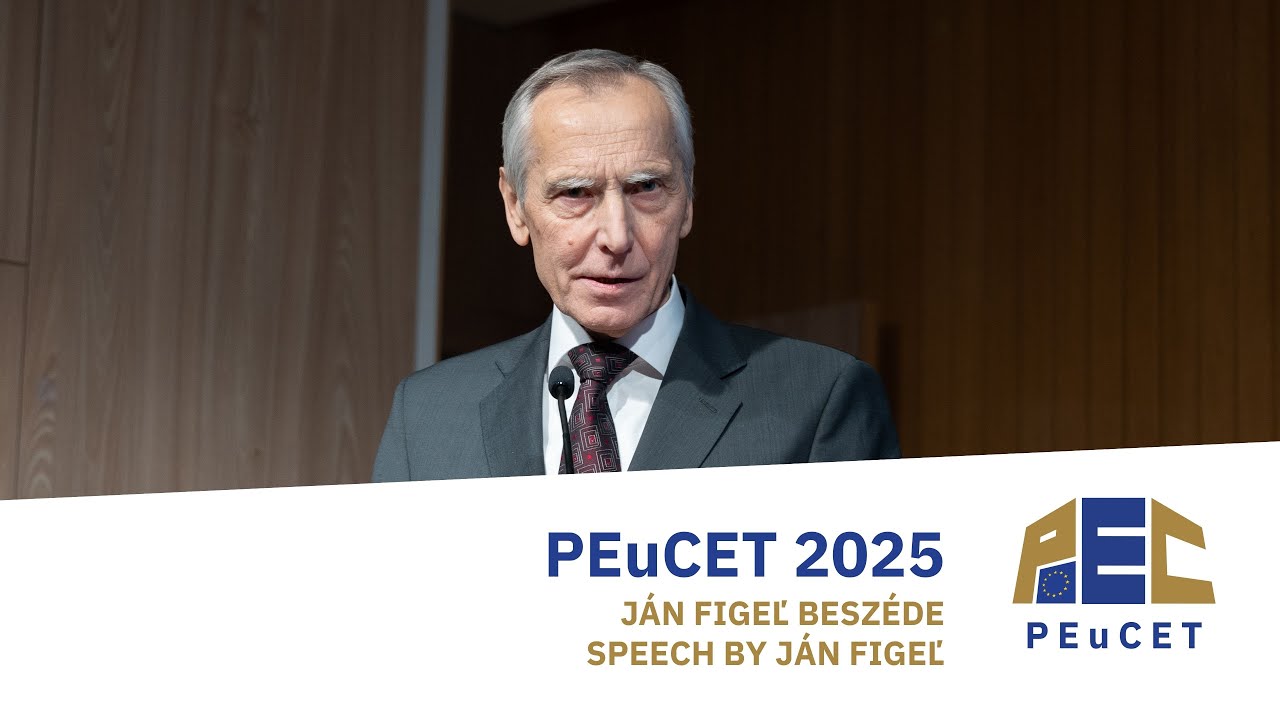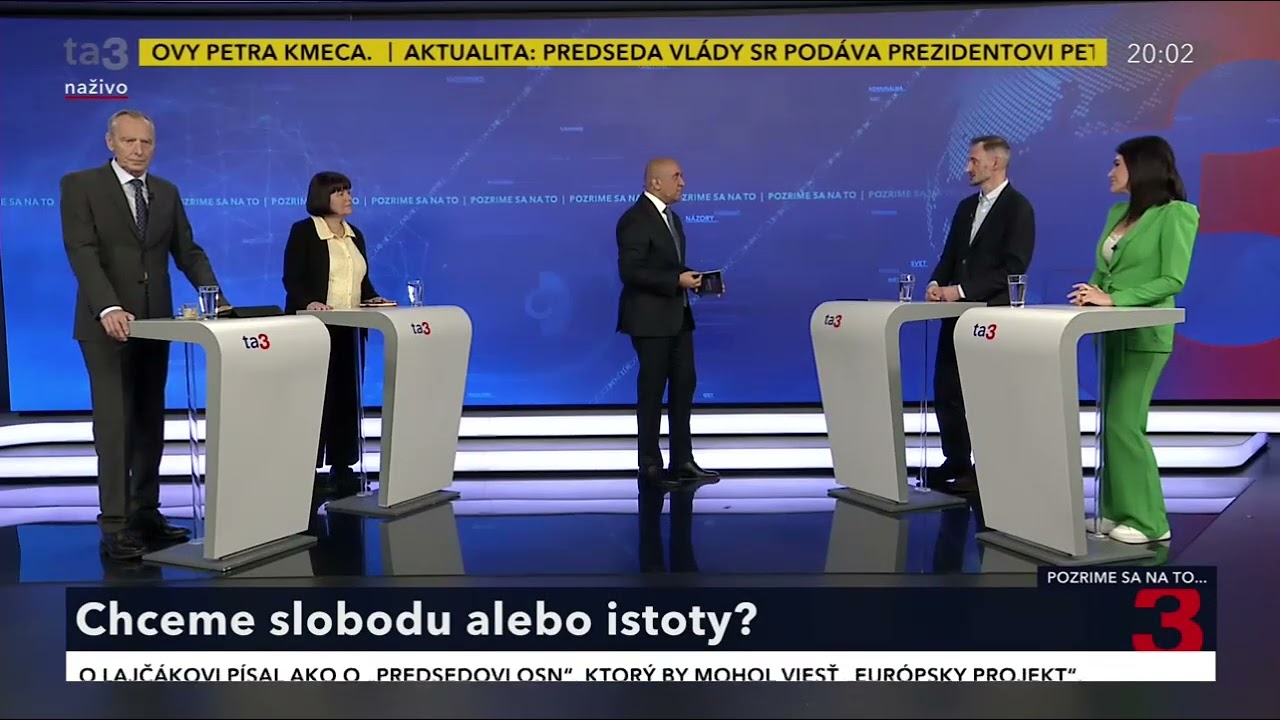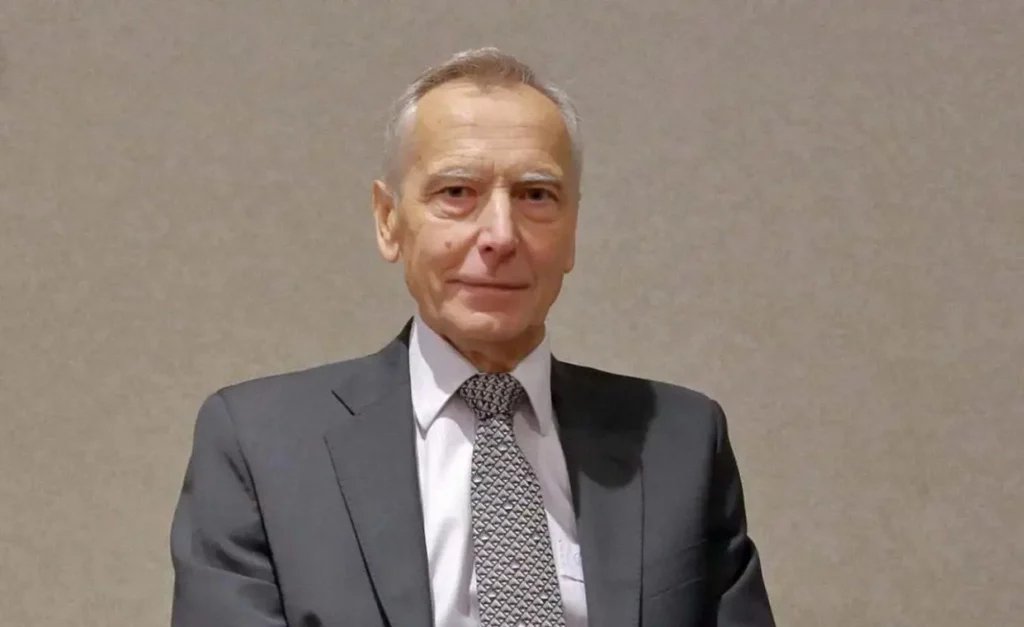
Tokyo District Court’s Ruling on Family Federation is arbitrary, unconstitutional, and politically driven, says former EU Religious Freedom Envoy Jan Figel

Tokyo, 2nd September 2025 – Published as an article in the Japanese newspaper Sekai Nippo. Republished with permission. Translated from Japanese. Original article.
[Part 1 of interview with Jan Figel, Former EU Special Envoy for Freedom of Religion]
Decision to Dissolve the Family Federation Called “Arbitrary”
Warning Against Ignoring UN Recommendations
by Yosuke Yamazaki (山崎 洋介)
See part 2 of interview: Alarm over Japan’s Treatment of Minority Faiths

In March, the Tokyo District Court ordered the dissolution of the Family Federation for World Peace and Unification (commonly known as the Family Federation, formerly the Unification Church), citing civil law violations. The organization immediately filed an appeal, and the case is now under review at the Tokyo High Court. Ján Figel, Former Slovak Deputy Prime Minister and former EU Special Envoy for Freedom of Religion, recently gave an interview to this paper, discussing the problems with the decision and the significance of religious freedom.
Interview by: Yosuke Yamazaki (山崎 洋介), the Washington office of the Sekai Nippo
– On 25th March, the Tokyo District Court issued a dissolution order against the Family Federation. What are your thoughts on this decision?

I have serious concerns. This dissolution order lacks constitutional legal grounds and clearly violates the International Covenant on Civil and Political Rights, to which Japan is a signatory.
Such measures can pose a threat to minority religions and faith communities. When one minority group is treated unfairly, others are endangered as well.
The decision against the Family Federation is based on false evidence and accusations, lacking substantive grounds. It was motivated not by law, but by political considerations.
– What do you see as particularly problematic about this decision?
The Tokyo District Court’s ruling is arbitrary, clearly unconstitutional, and unlawful. It lacks due process in several respects. First, the hearings were held behind closed doors.

Furthermore, Article 81 of the Religious Corporations Act allows the government to request dissolution only if a religious corporation has committed acts that “violate laws and regulations and are clearly deemed to harm the public welfare to a serious extent.” The court broadened this interpretation to include 32 civil tort cases involving former members over a span of 40 years. The Ministry of Education (MEXT) suddenly reinterpreted the law to justify the dissolution request, regarding it as a serious infringement on public welfare.
The court judged that the Family Federation’s missionary work and solicitation of donations violated “social appropriateness and social norms,” but these concepts are so vague that they invite arbitrary administrative and judicial application.

The UN Human Rights Committee has advised Japan to stop using “public welfare” as a justification for restricting religious freedom. Article 18 of the International Covenant on Civil and Political Rights does not recognize such restrictions. In fact, according to the Committee, states have an obligation to protect minority religions that may be targeted by hostility from dominant religious groups.
Yet Japan has ignored this and even tolerated coercive faith-breaking carried out by Protestant pastors. It has been revealed that many plaintiffs against the Family Federation were subjected to deprogramming (coercive faith-breaking) [See editor’s note below] and confinement.
The Tokyo District Court also adopted the unscientific “mind control theory” and based its judgment on hypothetical potential victims. This demonstrates arbitrary and biased decision-making. Legitimate court rulings must not be swayed by political pressure or media campaigns. The future of Japanese democracy depends on transparent and accountable application of the rule of law, respect for human dignity, and equal justice for all.
– You have pointed out that the movement to dissolve the Family Federation originates in actions by the Japanese Communist Party about 50 years ago.

At the root of the conflict between the Japanese Communist Party and the Family Federation lies Marxist atheism. This ideology often turns into a radical movement that seeks to exclude belief in God and ban religion altogether. Religion liberates believers from worship of secular values and authoritarian state power, enabling believers to live independently, which is why authoritarian systems oppose it.
I spent half my life under the communist regime in Czechoslovakia. My uncle was killed by the regime’s secret police. The system sought to suppress all religions, both traditional and new, through various coercive means. But ultimately it was defeated, collapsing peacefully in 1989. In Slovakia, the main driving force behind the opposition and freedom movement was dissident Christians and the Catholic Church.
See part 2 of interview: Alarm over Japan’s Treatment of Minority Faiths
Featured image above: Ján Figeľ was born in 1960 in the former Czechoslovakia. From 2004 to 2009 he served on the European Commission, later becoming leader of the Christian Democratic Movement in Slovakia from 2009 to 2016, and Deputy Prime Minister from 2010 to 2012. In 2016, he was appointed the first EU Special Envoy for the promotion of freedom of religion outside the EU. He currently serves as president of Forum for Religious Freedom Europe (FOREF). Photo: Sekai Nippo
[Editor’s note: Coercive faith-breaking (“deprogramming”) in Japan refers to the practice of coercively attempting to separate individuals from their religious affiliations or beliefs, typically through intervention by family members, professional faith-breakers (deprogrammers) or organizations hostile to new religious movements (NRMs). This phenomenon often targets members of such movements, e.g. relatively large faiths like the Family Federation or Jehovah’s Witnesses, but also smaller groups like Happy Science (Kōfuku no Kagaku) and other newer religious movements.

However, also Soka Gakkai, a Buddhist-based lay organization with more than 8 million Japanese members, and affiliated with Nichiren Buddhism, has occasionally been subject to faith-breaking attempts.
The practice gained attention in the latter half of the 20th century, particularly in the 1980s and 1990s. Parents or concerned family members often hired faith-breakers who taught them how to abduct and forcibly detain believers. Almost all such cases involved confining the individual believer and cutting him or her off from the religious community. During the confinement, the believer was subjected to intense questioning or indoctrination designed to break his or her faith. The aim was to “rescue” the person from what the family often had been tricked by faith-breakers or lawyers to regard as harmful influence from the religious organization.
Critics of forced de-conversion argue that it violates fundamental human rights, including freedom of thought, religion, and association. Reports of psychological trauma and accusations of unlawful detention have sparked debates over its ethical and legal implications. In response, some religious groups, particularly NRMs, have lobbied for greater protections against such practices.
Japanese courts have been inconsistent in addressing cases of coercive faith-breaking. While some verdicts have condemned the practice as illegal detention, others have been more lenient, citing family concerns about “mental health” or alleged “exploitation” as mitigating factors.]
Article can be found here: https://unificationnews.eu/former-eu-envoy-arbitrary-dissolution-order/








